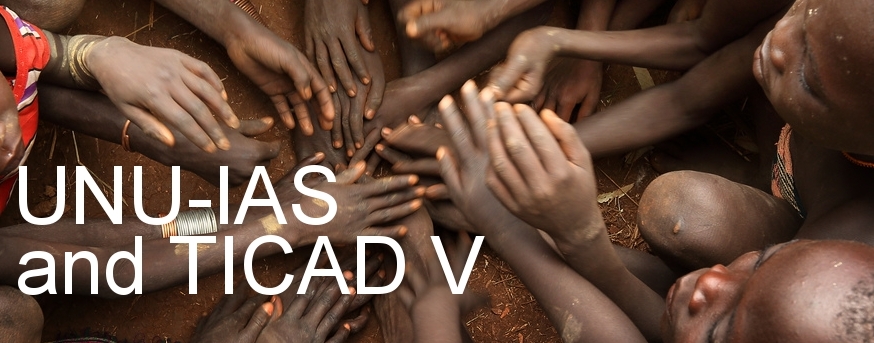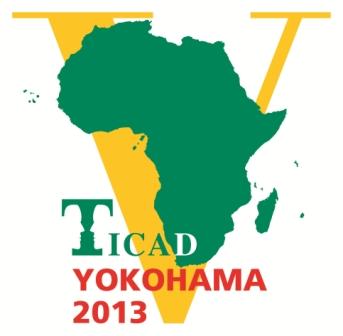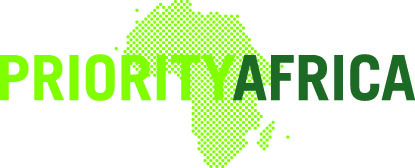UNU-IAS and TICAD V
|
|
|
 Photo: Dietmar Temps / Creative Commons |
|
|
UNU-IAS and Africa UNU-IAS and TICAD V |
|
|
SPECIAL TWO-PART EVENT ON EDUCATION FOR SUSTAINABLE DEVELOPMENT This side event will reinforce ESD as a sound investment in education. ESD promotes the quality and relevance of education to impact the lives, livelihoods and dignity of African people today and tomorrow. Please find more information about the event by clicking here. |
|
|
SPECIAL TWO-PART EVENT ON EDUCATION FOR SUSTAINABLE DEVELOPMENT This side event is organized by the Education for Sustainable Development initiative at UNU-IAS, in close collaboration with UNESCO, UNICEF and the Government of Japan. It will highlight the experiences of the Regional Centres of Expertise on Education for Sustainable Development (RCE) and their work towards building inclusive and resilient societies in Africa through strategic partnerships. |
|
|
Educational for Sustainable Developing in the Post-DESD Educational Agenda Education and learning are critical for societies that aim at resilience, justice, decent quality of life and low carbon development. As the United Nations Decade on Education for Sustainable Development (DESD 2005–2014) comes to an end, it is important to ensure that education for sustainable development (ESD) maintains a place of priority in development strategies. |
|
See also the United Nations University website for other UNU events related to TICAD V. |
|




